ADHD and Relationships
Living with a partner who has ADHD brings unique opportunities for growth and understanding in a relationship. By recognising and addressing the challenges, couples can build stronger, more resilient connections.
Embracing Emotional Awareness and Communication
- Understanding Anger and Frustration: Individuals with ADHD may experience heightened emotions, leading to quick displays of anger or frustration. Recognising that these reactions often stem from stress unrelated to the relationship can foster empathy and patience.
- Supportive Pre-emptive Actions: Partners can learn to gently help their ADHD partner become aware of stress levels and support them in finding relaxation and joy. Open discussions about daily anxieties can lead to deeper emotional connections.
- Building Emotional Intelligence: Many people with ADHD may not fully recognise their own emotions or their impact on others. Developing a habit of respectful and calm communication about behaviors can enhance mutual understanding and emotional closeness.
Cultivating a Balanced Relationship Pace
- Managing Impulsiveness in Relationships: The excitement and impulsiveness characteristic of ADHD can make relationships start intensely. Embrace this passion while also focusing on building a stable foundation for long-term connection.
- Reassurance and Clarity: Providing reassurance and being clear about intentions and needs helps manage the anxieties that can accompany ADHD. This approach fosters a sense of security and mutual trust.
Encouraging Thoughtful Communication
- Navigating Impulsive Conversations: ADHD can lead to talking too much or interrupting. Establishing communication strategies where both partners feel heard can strengthen the bond.
- Addressing Risk-Taking Behaviors: If impulsive actions like risky activities or spontaneous purchases arise, couples can seek guidance through counseling to navigate these challenges together.
Harmonising Focus and Connection
- Balancing Hyperfocus: While hyperfocus can be a coping mechanism for stress, setting clear boundaries for “focus time” and “shared time” ensures both partners feel valued and connected.
- Respecting Personal Space: Understanding that hyperfocus isn’t a personal slight but a way for the ADHD partner to manage stress can help maintain harmony. Establishing mutual agreements about time management fosters balance.
Creating an Organised and Comfortable Living Space
- Embracing Organisational Strategies: Chronic disorganisation can be managed by creating agreed-upon strategies for keeping shared spaces tidy. Allowing a personal space for the ADHD partner can help them stay organised without feeling overwhelmed.
- Shared Responsibility: Clear agreements on household responsibilities ensure both partners contribute to a harmonious living environment.
Prioritising Healthy Sleep Patterns
- Synchronising Sleep Routines: ADHD can affect sleep patterns, but working together to establish a consistent bedtime routine can improve overall well-being and intimacy.
- Relaxing Together: Engaging in calming activities before bed, such as listening to soothing music or meditating, can help both partners unwind and connect.
Enhancing Memory and Task Management
- Effective Reminder Systems: Setting reminders and creating visual aids can help manage forgetfulness and procrastination. Approaching these strategies with sensitivity and understanding strengthens the partnership.
- Clear Communication: Discussing the importance of tasks and their impact on the relationship in a respectful manner helps reinforce mutual support and accountability.
Understanding and Valuing Each Other
- Recognising the Importance of Time: Acknowledging that time management challenges are not personal can foster patience and compassion. Agreeing on ways to remind each other about important commitments promotes harmony.
- Building a Supportive Environment: Validating each other’s feelings and using positive reinforcement helps create a nurturing atmosphere where both partners feel valued and understood.
Turning Challenges into Opportunities for Growth
While ADHD can present challenges in relationships, it also offers opportunities for growth, deeper understanding, and mutual support. By learning to navigate these challenges together, couples can transform potential obstacles into strengths.
Rediscovering Romance and Joy
- Reframing Challenges: Couples can learn to appreciate each other’s strengths and find joy in their differences. Implementing effective systems to manage ADHD symptoms and maintaining open communication can rekindle romance and connection.
- Celebrating Achievements: Recognising and celebrating small victories in managing ADHD and supporting each other’s growth can strengthen the relationship and bring renewed joy and intimacy.
